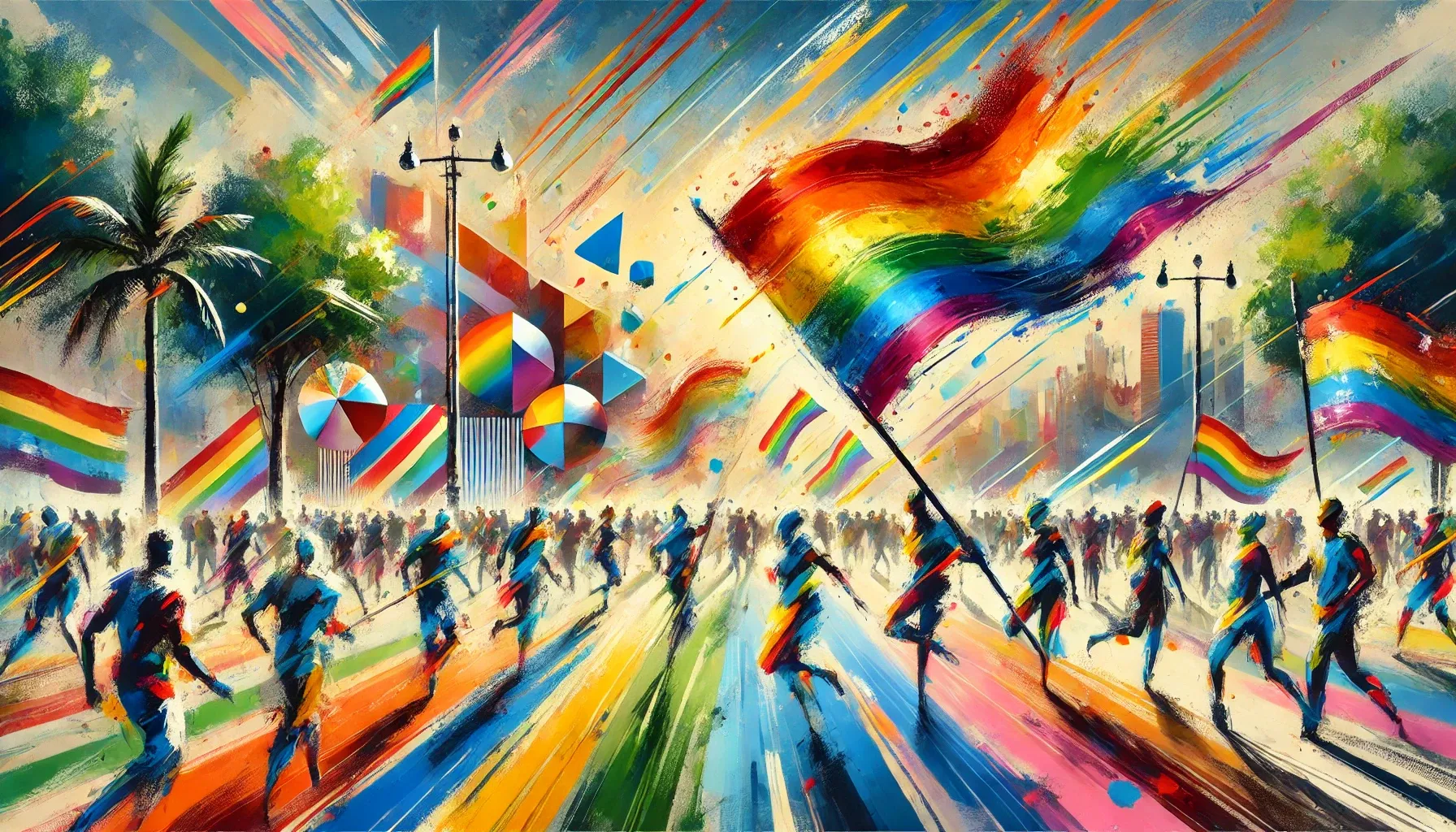In the summer of 1988, Memphis Pride took a bold step forward, expanding beyond familiar spaces into one of the city’s most scenic landmarks. For the first time, Pride found a home at Mud Island River Park, marking a new chapter in the fight for visibility and community celebration. Over the course of June 18 to June 26, what had once been smaller, more contained gatherings evolved into a full-fledged festival, one that reflected not just survival but joy, resilience, and belonging.
The festival transformed Mud Island into a vibrant hub of activity. Information booths lined the pathways, connecting attendees with resources and organizations working for LGBTQ+ rights. The Gay Athletic Association hosted a volleyball tournament, injecting energy and friendly competition into the weekend. A “Celebrity” Dunk Tank brought laughter while raising funds for community initiatives. And as the sun set, music pulsed through the island, uniting a crowd eager to dance, to celebrate, and to exist freely in a city that had often demanded their silence.
Beyond the festival, the river remained a symbol of movement and change. On June 25, the Memphis Gay Coalition hosted its annual Gay Pride River Ride aboard the Memphis Showboat. With Joyce Cobb and her band, the Hot Shots, providing the soundtrack, the riverboat became a floating stage of celebration. Hundreds of LGBTQ+ individuals and allies filled the decks, dancing beneath the stars as the city skyline shimmered in the background. It was more than just a party—it was an assertion of presence, a declaration that Memphis’s LGBTQ+ community was here to stay.
GayFest ‘88 reflected a growing confidence in Memphis Pride’s evolution. The move to Mud Island signaled a refusal to be confined, an embrace of new possibilities, and an acknowledgment that Pride was about more than protest—it was about joy, connection, and unapologetic self-expression. Though the fight for equality was far from over, for one week in the summer of 1988, Memphis’s LGBTQ+ community stood in the open, danced by the river, and claimed a space that had once felt unattainable.
The legacy of this Pride lives on—not just in the annual festivals that followed, but in the belief that Pride is more than a march. It is a dance on an island, a song on a riverboat, a shared moment of laughter that carries across the water. It is a reminder that no matter how the city changes, the spirit of Pride in Memphis will always find its place.
